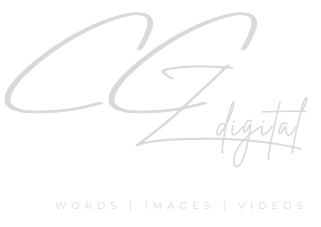Eid-ul-Azha or the greater Eid is celebrated on the 10th of Zilhaj, the last month of the Islamic lunar calendar. It is a three day festival. It is celebrated to commemorate the obedience of Abraham who readily agreed to sacrifice his son Ismail for Allah’s pleasure.
A cattle market is set up outside the city premises from where people can buy goats, sheep, cows and camels. Cows and camels have seven shares so those who cannot afford to sacrifice a whole animal can have a share. The animal has to be free of any physical deformities and injuries. It must not be too young as well.
People generally buy animals a week or ten days prior to Eid. Different stalls selling fodder are set up throughout the city. Children love to take care of the animals and are often seen roaming in the streets with the animals. The Eid day begins with special prayers offered in open places and mosques. Then animals are slaughtered as soon as the butcher arrives.
The meat is divided into three parts, one is kept for home, the second part is distributed among relatives and the third portion is given to the poor people. The hides are donated to charity organizations. Animals can be sacrificed till 12 noon of the third day. In the evenings, families hold barbecues and enjoy themselves. The T.V channels in Pakistan telecast special Eid programs.
Eid-ul-Azha is more than sacrificing animals and having barbecues. It is about sharing. While meat is the main dish in Pakistani households but sadly this cannot be said for all. There are many families who get to eat meat only on special occasions and festivals.
Islam teaches us benevolence by sharing sacrificial meat with the poor, the spirit of brotherhood is rekindled. Some affluent families do not keep a share for themselves but distribute it among the poor and the needy.
Festivals like Eid are celebrated to infuse a spirit of brotherhood and compassion and to bring joy to all. Above all it is a way to thank the Almighty for His numerous blessings.
